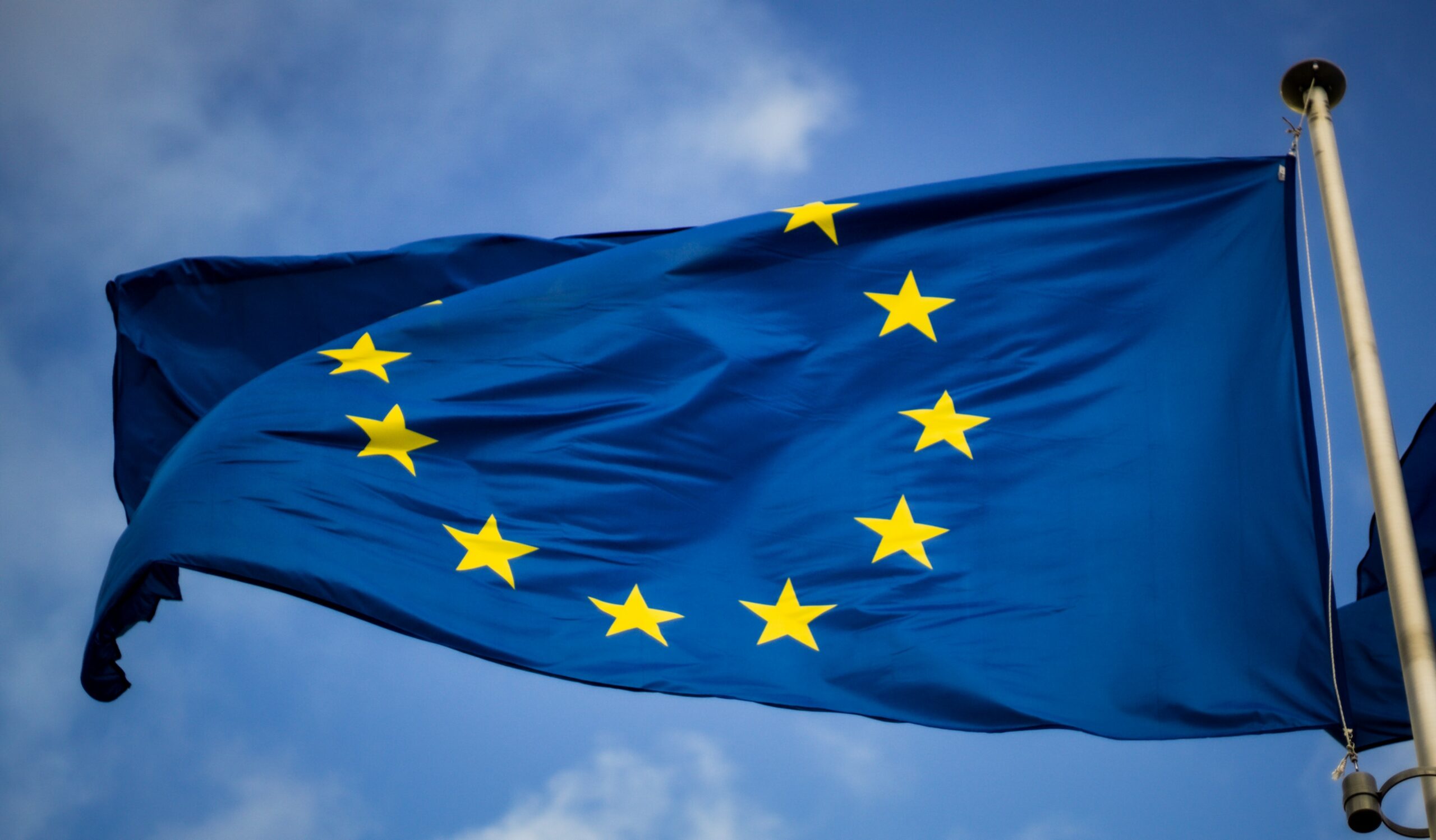Meta threat, although unlikely to be carried out. Mark Zuckerberg’s company has updated its 10-K report (the mandatory annual report) to the SEC (the US securities regulator), noting that the company is considering leaving the European Union if it is not allowed to process and transfer the data to the United States.
This is a direct consequence of the end of Safe Harbor, the limitation of the Privacy Shield, and the entry into force of the GDRP, a regulatory compendium that prevents Meta from transferring, processing and using the data of European citizens in the United States. . It is, in fact, one of the best safeguards for the privacy of Europeans that has valued the privacy regulations.
It is not very clear what Meta would gain if it leaves the European markets, since it will always be better to have less data and not be able to transfer it, than to have neither data nor a market. However, it is a serious consideration that the company has launched and that it has communicated to the SEC.
Meta could close Facebook and Instagram to Europe
Meta is quite explicit in its 10-K report in this regard, taking stock of the regulatory changes over the years, especially in the European Union. Situation that, in the words of the company, has affected and will greatly affect its operations. As far as data collection and transfer is concerned, it is the starting point of the Meta threat regarding its operations in Europe:
If a new transatlantic data transfer framework is not adopted and we cannot continue to rely on SCCs or other alternative means of transferring data from Europe to the United States, we may not be able to offer some of our most important products. and services, including Facebook and Instagram, in Europe, which would materially and adversely affect our business, financial condition and results of operations.
The fact that Meta has included this situation in its 10-K is especially relevant since they see this risk as a serious threat to their business model. However, it is still not very clear that the exit of Facebook and Instagram from the EU is the final result.
In 2020 the European court knocked down the Privacy Shield and part of Facebook’s claims. Brussels is still looking for a regulatory framework that offers legal certainty to the transfer of data. Since then, Meta processes the data in the EU, so everything seems to indicate that the problem is not the transfer and processing of the data. Rather, the privacy guarantees that Europe requires when processing such data, and therefore greatly limit the malpractice of Meta and its associated networks.
Regarding the controversy over the content of its 10-K report, Meta wanted to qualify the controversy, categorically denying that they want to abandon their operations in Europe:
“We have absolutely no desire or plans to withdraw from Europe, but the simple reality is that Meta, and many other companies, organizations and services, rely on data transfers between the EU and the US to operate global services. Like other companies, we have followed European regulations and rely on standard contractual clauses and adequate data protections to operate a global service. Crucially, companies need clear global rules to protect long-term transatlantic data flows and, like more than 70 other companies in a wide range of industries, we are closely monitoring the potential impact on our European operations as they move forward. these developments”



